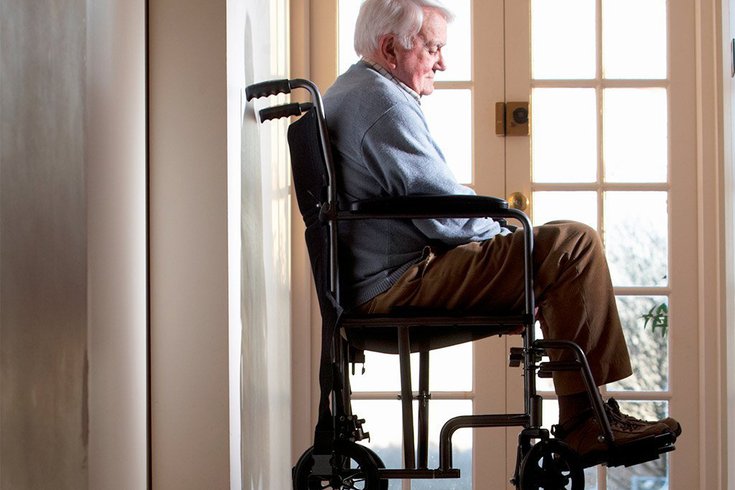
January 22, 2021
 Source/Ingram Image
Source/Ingram Image
A recent study showed Eli Lily's COVID-19 antibody treatment could be used to prevent the virus in the first place.
A new antibody treatment could aid in the fight against community spread of COVID-19 among nursing home residents and staff by stopping new infections, drug maker Eli Lilly claims.
The company's new drug, bamlanivimab, uses monoclonal antibodies to attack the coronavirus, and a study conducted by the National Institutes of Health in conjunction with Eli Lilly found the treatment resulted in an 80% reduction in infections in nursing home residents, compared to those given a placebo. Among nursing home staff given the drug, there was a 60% reduction in infections, drugmaker Eli Lilly said.
Monoclonal antibodies are laboratory-produced molecules, similar to what the human body naturally produces to fight infection, that can enhance or mimic how the immune system attacks viruses or other invading cells.
Eli Lilly's antibody treatment received emergency use authorization by the Food and Drug Administration to treat COVID-19 infections in November, less than two weeks before Regeneron's COVID-19 antibody cocktail received the same authorization. Regeneron's treatment was given to former President Donald Trump after he was diagnosed with COVID-19.
These latest finding suggests the Eli Lilly's treatment could also be effective in preventing infections, too, CNN reported, and the drug maker says bamlanivimab also prevented symptomatic infections in residents who were exposed to the virus.
The data from the bamlanivimab study has not yet been peer reviewed or published, though the company said it plans to do so.
"We are exceptionally pleased with these positive results, which showed bamlanivimab was able to help prevent COVID-19, substantially reducing symptomatic disease among nursing home residents, some of the most vulnerable members of our society," Dr. Daniel Skovronsky, Lilly's chief scientific officer, said in the company news release Thursday.
The monoclonal antibody treatment used in Eli Lilly's drug provides nearly equivalent protection to the COVID-19 vaccine immediately, though one's immunity to the coronavirus does not last as long as the FDA-approved inoculations.
After getting vaccinated, it takes the body around six weeks to produce enough antibodies for protection against the virus, Dr. Srilatha Edupuganti, vaccine researcher at Emory University said.
Follow Hannah & PhillyVoice on Twitter: @hannah_kanik | @thePhillyVoice
Like us on Facebook: PhillyVoice
Add Hannah's RSS feed to your feed reader
Have a news tip? Let us know.